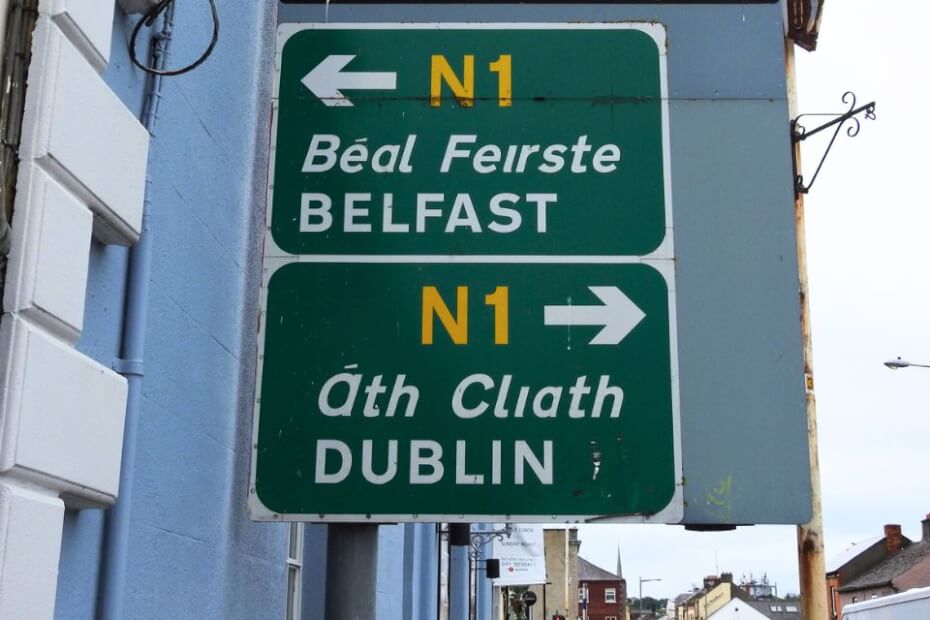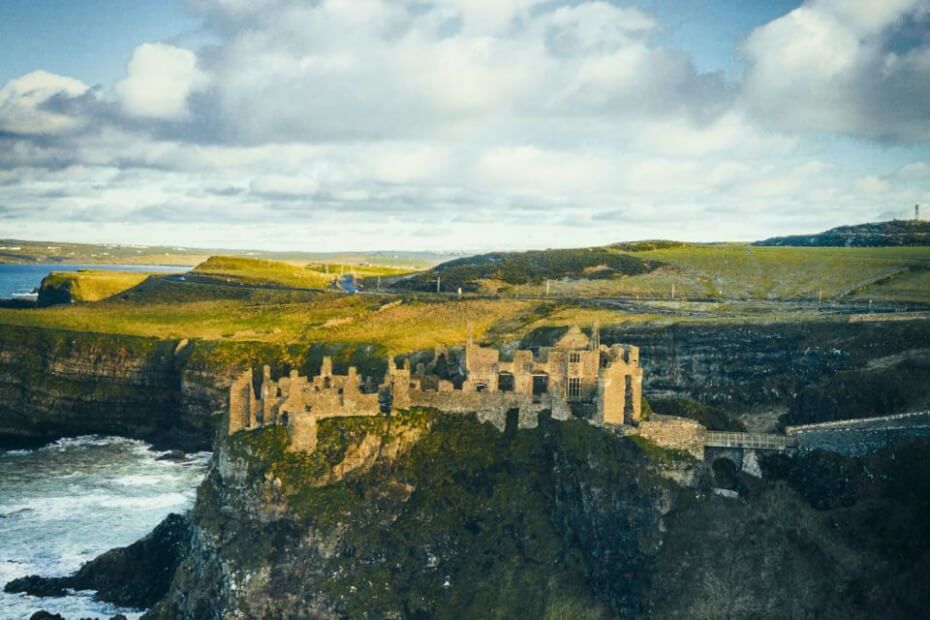
Northern Ireland’s tourism industry raises alarms over the United Kingdom’s (UK’s) new Electronic Travel Authorisation (ETA) scheme.
The new digital permit scheme requires non-visa travelers to apply for pre-travel authorization before visiting the UK.
Northern Ireland tourism leaders and officials fear the policy could discourage international visitors, disrupting cross-border travel.
This could cause significant economic losses for the region, which relies heavily on seamless access for travelers.
How the ETA could affect Northern Ireland tourism
The UK ETA is a new digital permit required for visitors from visa-exempt countries entering the UK.
Costing £10 and valid for two years or until the passport it is linked to expires, the ETA aims to enhance security and modernize border controls.
Starting 8 January 2025, non-European visa-exempt visitors will need an ETA to travel to the UK, including Northern Ireland.
European visitors can begin to apply for it on 5 March for UK trips on and after 2 April 2025.
Irish citizens and some legal residents of Ireland are exempt due to the Common Travel Area (CTA) agreement.
However, the requirement applies to international tourists who cross the open border from the Republic of Ireland into Northern Ireland.
This is a key entry route for 70 percent of Northern Ireland’s visitors.
Tourism leaders are concerned this additional step may deter travelers from including Northern Ireland in their plans.
Challenges for cross-border tourism

Northern Ireland has long benefited from its open land border with the Republic of Ireland.
Many international tourists arrive through Dublin, drawn by joint marketing campaigns promoting the Emerald Isle as a single travel destination.
Tourism operators often include stops in both jurisdictions in their itineraries, but the new ETA threatens to disrupt this arrangement.
Joanne Stuart, CEO of the Northern Ireland Tourism Alliance (NITA), emphasized the potential economic fallout.
“It is clear that the bureaucracy and potential costs involved in obtaining an ETA will lead to overseas visitors dropping Northern Ireland from their travel plans,” she told BuisinessPlus.
“This puts 25 percent of all tourism spend—an estimated £250 million—at risk,” Stuart highlighted.
Tour operators are also concerned that visitors may completely exclude Northern Ireland from their travel plans to avoid additional paperwork.
This would have a cascading impact on the region’s businesses, which rely heavily on international tourism.
Industry and political pushback
Tourism leaders and politicians in Northern Ireland have urged the UK Government to address the unique challenges posed by the ETA.
They argue that seamless cross-border travel is vital for the region’s economy, and exemptions or modifications to the policy are necessary.
Economy Minister Conor Murphy has been vocal about his opposition to the new ETA scheme for the region.
“It is essential that the unique circumstances of Northern Ireland are fully considered,” he said.
“Seamless travel across the island is vital for our tourism industry,” Murphy stressed.
Twenty-five industry leaders have written to the Minister for Migration and Citizenship at the Home Office.
Seema Malhotra, Minister for Migration and Citizenship, said the ETA for Northern Ireland visitors is under review.
However, despite lobbying efforts, the UK Government continued to defend the ETA as a necessary step for enhancing border security.
A government spokesperson told The Standard: “People arriving in Northern Ireland need to enter in line with the UK’s immigration framework, including obtaining an ETA if required.
However, it is committed to ensuring that the ETA requirement is “communicated effectively” to Northern Ireland visitors.
This may help the new digital permit scheme be viewed as a barrier to cross-border tourism on the island of Ireland.
Risks to Northern Ireland’s tourism economy

Northern Ireland’s tourism industry contributes nearly £1 billion annually to the local economy.
A significant portion of the region’s revenue comes from tourism, which depends on international visitors.
“Northern Ireland is doing really well for tourism,” NITA’s Stuart shared, noting its resilience in recovering from the pandemic.
“Businesses are dealing with a lot, and the last thing that we need to do is put any of our business at risk due to this permission to travel,” she said.
Tourism Ireland, which promotes the island as a unified destination, has also voiced concerns that the ETA could undermine its efforts.
The organization has spent years marketing Northern Ireland alongside the Republic as part of a single smooth travel experience.
It promised to continue to ensure easy access to the right information for potential overseas visitors.
It also pledged to ensure travel trade contacts will continue to showcase the reasons for them to visit Northern Ireland.
A survey conducted by Tourism Northern Ireland found that 84 percent of local businesses believe the ETA will negatively impact their operations.
For small businesses, which depend heavily on cross-border tourist traffic, the potential decline in visitors could be devastating.
Searching for solutions
As the January 2025 implementation date approaches, tourism leaders are urging the UK Government to consider alternative measures.
A proposal has been lodged to waive the ETA requirement for cross-border visitors who will stay in Northern Ireland for less than a week.
Another option is introducing a simplified application process for tourists entering Northern Ireland via the Republic.
Stuart highlighted the urgency of addressing the issue to prevent any disruption to the tourism economy.
She added that a tourist without an ETA being stopped, detained, or deported can cause serious damage to Northern Ireland’s reputation.
“We need to act now to ensure that Northern Ireland remains an attractive and accessible destination for international tourists,” Stuart stressed.
The future of ETAs for Northern Ireland
Introducing the UK’s ETA system poses unique and significant challenges for Northern Ireland’s tourism industry.
The government insists the new scheme is essential for security and must apply to all non-visa UK visitors.
However, critics continue to raise alarms about the potential damage to the northern region’s economy and reputation as a welcoming destination.
The stakes are high as Northern Ireland has worked hard to establish itself as a global tourism hub.
With just days remaining before the ETA takes effect, the clock is ticking for Northern Ireland and the UK Government to safeguard its tourism future.

